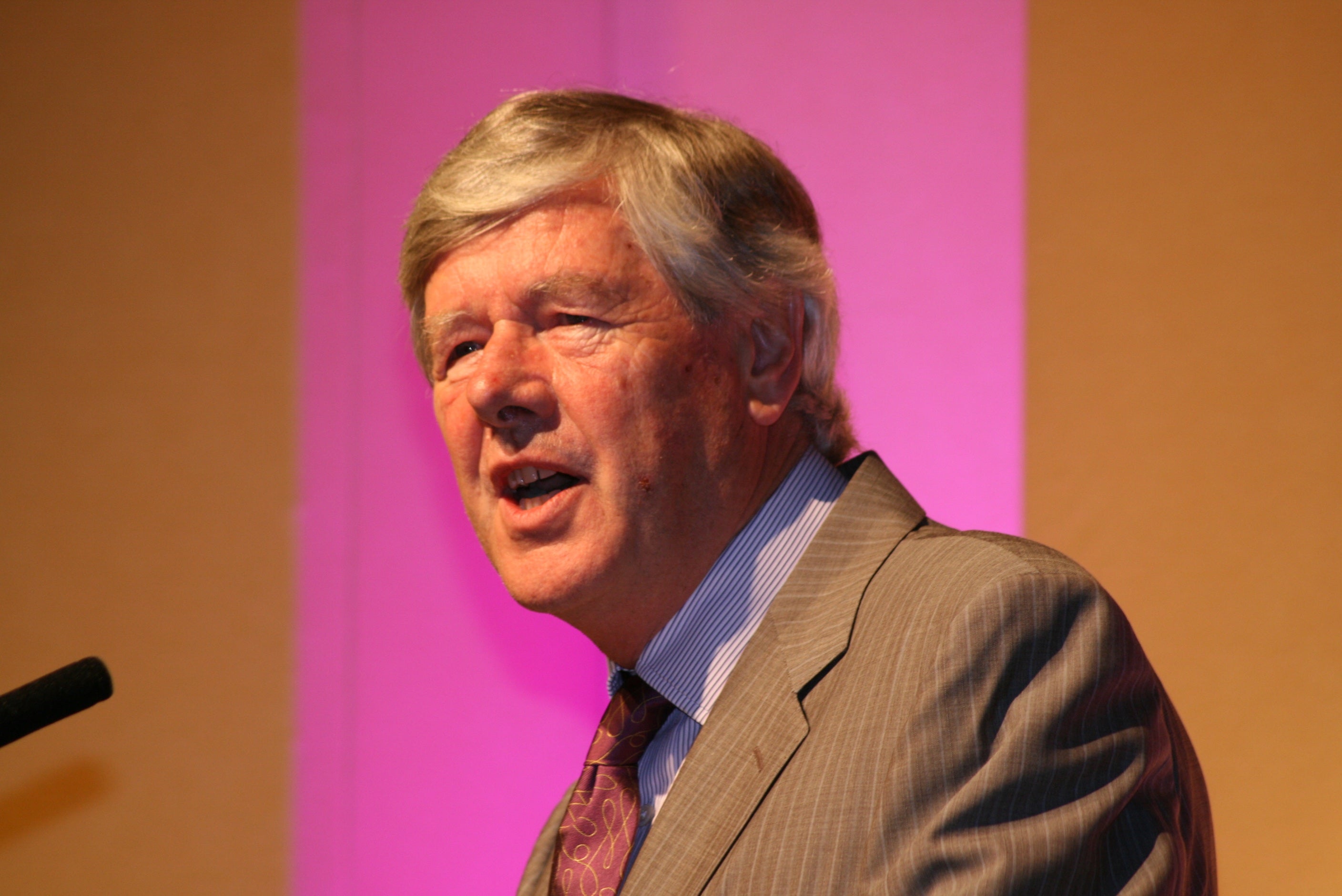Ex-Ukip leader and ‘father of Brexit’ dies
The former MEP was one of the pioneers of the campaign to leave the EU
Your support helps us to tell the story
From reproductive rights to climate change to Big Tech, The Independent is on the ground when the story is developing. Whether it's investigating the financials of Elon Musk's pro-Trump PAC or producing our latest documentary, 'The A Word', which shines a light on the American women fighting for reproductive rights, we know how important it is to parse out the facts from the messaging.
At such a critical moment in US history, we need reporters on the ground. Your donation allows us to keep sending journalists to speak to both sides of the story.
The Independent is trusted by Americans across the entire political spectrum. And unlike many other quality news outlets, we choose not to lock Americans out of our reporting and analysis with paywalls. We believe quality journalism should be available to everyone, paid for by those who can afford it.
Your support makes all the difference.A former leader of the UK Independence Party, dubbed the “father of Brexit”, has died aged 90.
Jeffrey Titford began his political career as a Conservative councillor in Clacton before joining the Referendum Party, which went on to merge with Ukip.
The former MEP became leader of Ukip for three years in 2000 before he briefly returned as acting leader in 2010. He held the post for three months before Nigel Farage took over in the run-up to the 2016 Brexit referendum.
Mr Titford quit the Tory party in 1992 in protest over prime minister John Major’s decision to sign the Maastricht Treaty. He described the treaty as the “final straw”, adding: “I could see the writing on the wall and knew it was never going to work.
“I resigned from the Conservative Party and I was looking for a group which would say ‘No, this is wrong’.”
The Maastricht Treaty, signed in February 1992, formally created the European Union.
He was one of the first to join the Referendum Party, standing in Harwich in the 1997 general election. He came fourth with nine per cent of the vote, before being elected to the European Parliament in 1999.

In 1999, he was elected to become one of eight MEPs representing the new East of England constituency when proportional representation was used for the first time in the European Parliament elections. Three Ukip MPs were elected to the European Parliament that year.
At the time, he said: “The polls have said that seven out of 10 people don’t want to have anything to do with the Euro [currency] and nearly 50 per cent want to withdraw from the European Union.
“All it needed was a party to stand up for those two principles.”
Speaking to the BBC in 2008, Mr Titford said: “If I can influence anybody into believing, as I do, that the EU is wrong for Britain, I shall have achieved my objective.”
In 2016, that objective was realised when the UK voted to leave the EU by 52 to 48 per cent - officially exiting the bloc in 2020 after three years of negotiations.
A report from Cambridge Econometrics, commissioned by City Hall in January, claimed that the cost of Brexit to the UK’s economy is £140billion.
A former colleague and friend of Mr Titford, Stuart Gulleford, described him as a “visionary and a democrat, who did not believe that EU membership provided a viable future for Britain as an independent, self-governing nation”.
“He was one of the fathers of Brexit,” he added.
Join our commenting forum
Join thought-provoking conversations, follow other Independent readers and see their replies
Comments